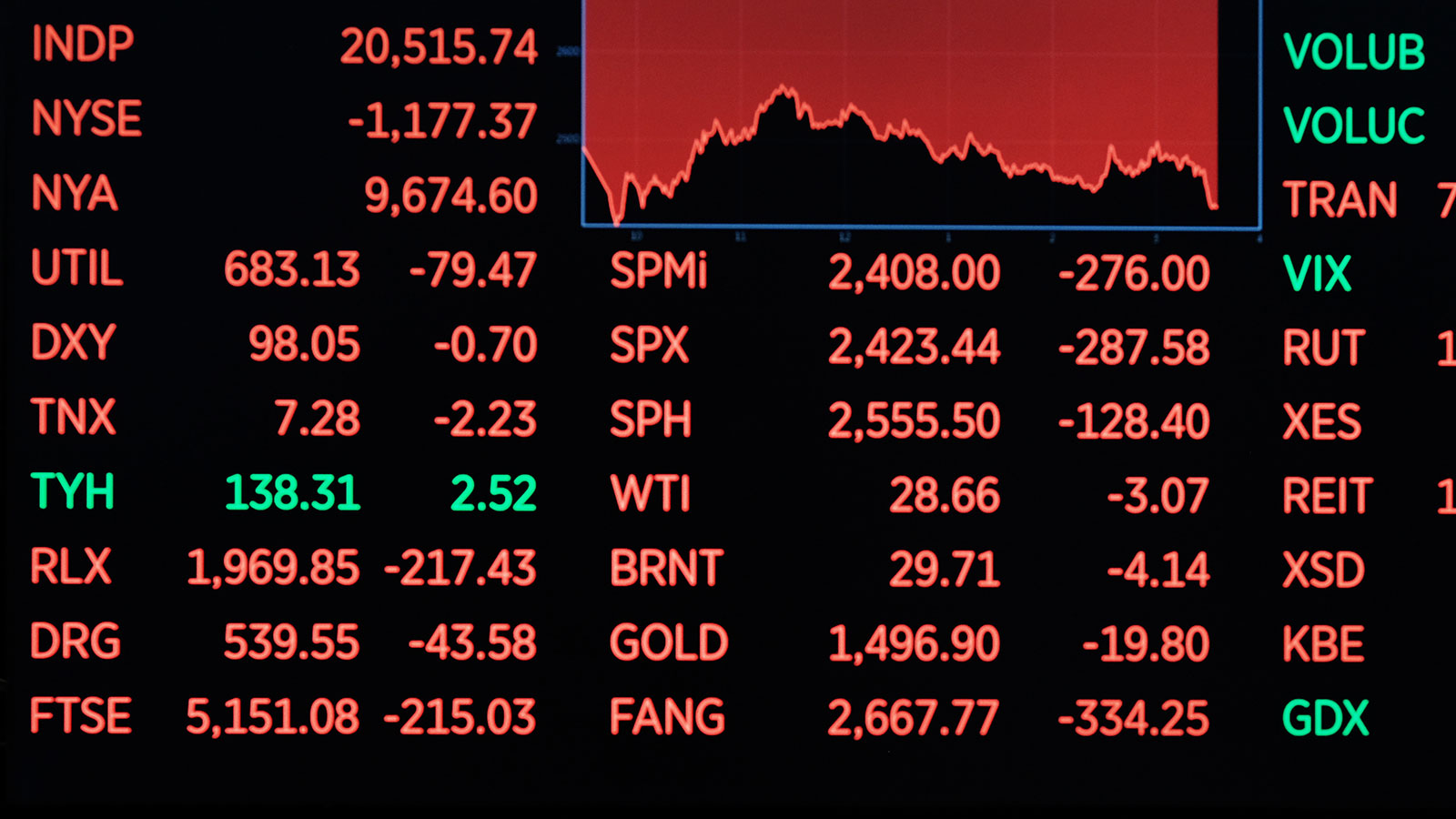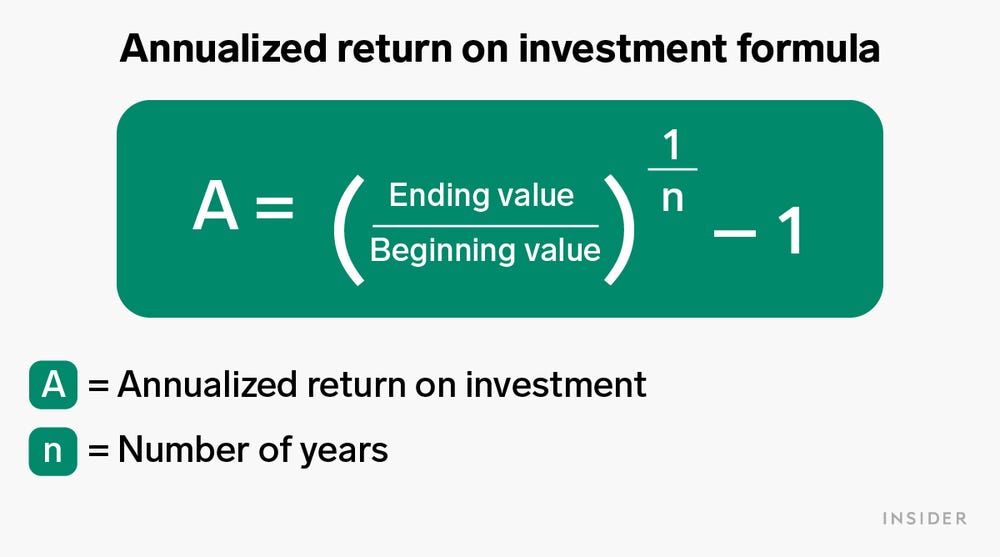Investing is the process of owning an asset with the hope of appreciating in value and generating income. It’s the same process as owning a home or a car. You own an item and are looking for ways to increase its value and income. This is a great way to make money and invest wisely. The best way to start is by investing in stocks or mutual funds. This is a great way to get started in the world of investing.

The act of investing involves putting your money to work. You can invest in cash or in refractory material. In a case of cash, the money you invest is not growing and will lose its purchasing power over time. You can also invest in money. But be sure to keep in mind that the process is not suitable for all people. If you are unsure about whether or not you should invest, you should consult with your accountant before investing your money.
Investing in shares is a great way to make money and to increase your income. It can also be an excellent way to improve your skills and knowledge. If you’re considering investing in mutual funds, you can look for mutual funds. These can be good investments if they’re liquid and well-managed. There are many options available when it comes to investment. Just make sure to do your research before making an investment.
There are many forms of investing. Real estate and gold are two of the most common examples. Both involve putting your capital to work. You can invest your money in stocks or bonds and hope for a higher return in the future. There are many ways to invest in gold or silver. But if you want to make a profit with these investments, it’s a good idea to consider the potential for capital appreciation and tax savings.
When you’re looking for a business, you can invest in bonds or stocks. If you’re a new homeowner, investing in bonds can help you out of a financial rut. It will give you an extra source of income and make it easier to meet your financial goals. However, if you’re not an expert, investing in stocks and bonds is not a bad idea. In fact, it may be a great way to earn an additional income.
When it comes to investing in stocks and mutual funds, you’ll find an endless range of options. It’s important to remember that you’re investing in something that will appreciate over time. Similarly, a stock or mutual fund can be a great way to invest. In the world of finance, it’s crucial to understand that the term investment is related to a specific type of investment. You might have heard of it before, but it doesn’t mean the same thing.












